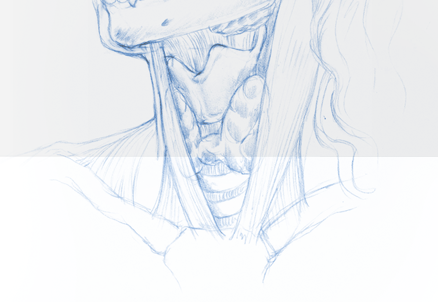Surgical facial reconstruction choices can make a difference in a patient’s quality of life.
- By: Devin J. Okay, DDS
- March 20, 2013 in For Physicians
When a patient is choosing between a permanent or prosthetic solution for a palatal defect, such as an orinasal fistula, results of a recent study showed that those with reconstruction surgery had higher quality of life scores.
Functional outcomes were determined by comparing two groups of patients: those who were rehabilitated with a prosthetic obturator (a prosthesis that occludes an opening in the roof of the mouth, similar to a dental retainer but without the front wire) and those who had palatomaxillary reconstruction.
The ability to perform simple tasks such as drinking a glass of water or carrying on an intelligible conversation were often impossible with an obturator. However the group who underwent reconstruction surgery achieved higher mastication and speech assessment scores.
There are other mitigating factors that make the prosthetic less appealing. Some palatomaxillary defects can’t be suitably addressed with an obturator. Also, patients who have severe trimus caused by prior therapy will be challenged to use a bulky obturator.
The decision to perform primary reconstruction revolves around the size of the palatal defect, the number, condition and distribution of the teeth, the availability of the alveolar bone to allow dental implant placement and any prior radiation treatment that has been performed.
When possible, undergoing reconstruction can be an option that patients will want to consider to regain long-term quality of life.

